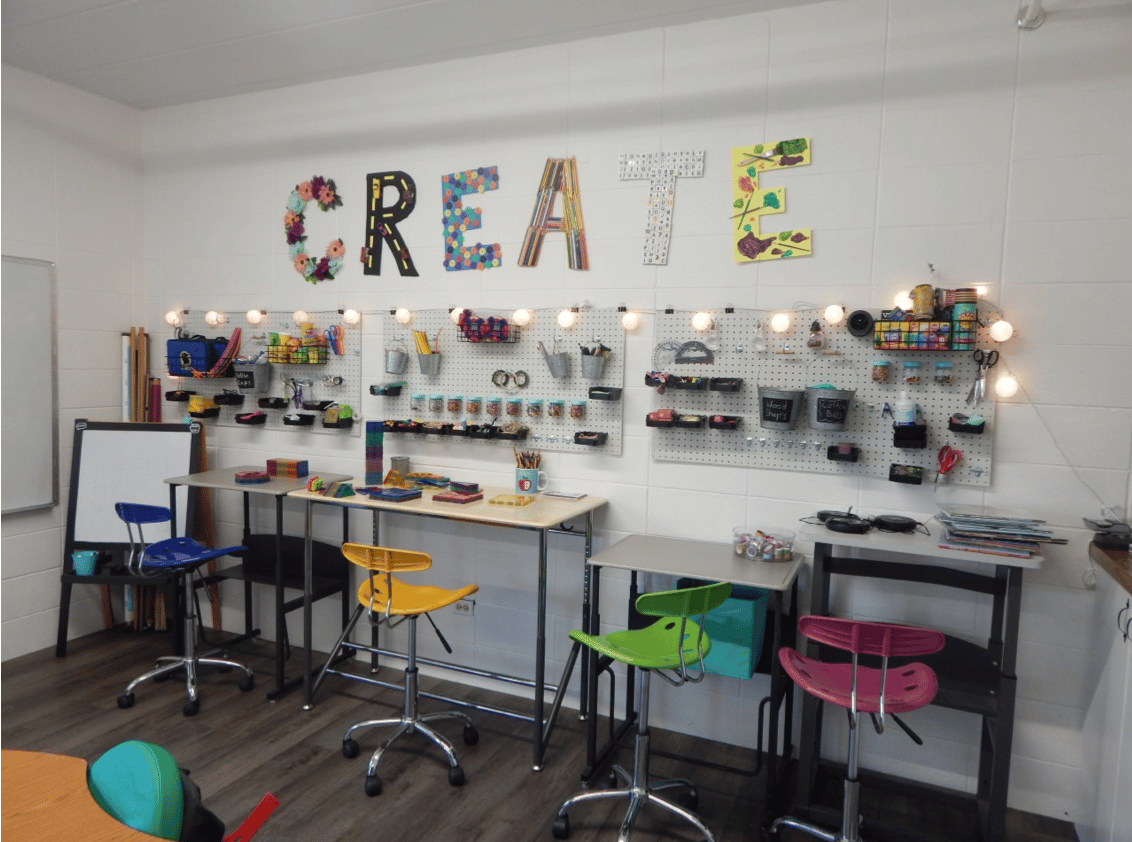
A Makerspace in Your Classroom
“Creativity is allowing yourself to make mistakes. Design is knowing which ones to keep.” – Scott Adams A makerspace, an area dedicated to creation and…

Long Term Memory, Part 5: Interventions for Creating Long Term Memories
As noted in the previous article of this series, memory expectations and abilities vary based on the age of our students. It is not surprising,…

Long Term Memory, Part 4: Memory Expectations and Abnormalities
In addition to understanding general principles of memory, it is helpful to understand how age and memory abnormalities can impact the ability to retain information. …

Long Term Memory, Part 3: How Teachers Can Improve Memory
Since memory is essential for learning, it is important to use techniques in the classroom that help students use their memories effectively. Luckily, there are…

Long Term Memory, Part 2: Types and Expectations
Long-term memory is where information, knowledge, and skills are stored for a long period: for hours, days, weeks, years, even decades! Long-term memory differs from…

Long Term Memory, Part 1: Introduction
Every teacher hopes that students will remember what they teach. Unfortunately, more frequently than not, students forget what they learn almost immediately. For retention to…

Managing Screen Time for Children in Online Education
There are many things that educators can do to use screen time in a positive and effective way for their students who are learning online.

Educational Neuroscience and Online Education
Through the exciting advancements made in brain science, we can expand our mental models of what makes for effective learning.

Educational Neuroscience and Trauma-informed Practices
Educators can support students who have experienced trauma by showing care for them, providing support after a traumatic event.

Educational Neuroscience, Equality, and Race-informed Practices
There are hundreds of higher-order thinking and problem-solving skills that teachers can use in their classrooms.

Insights on Memory and Attention from Neuroscience
Educators need to understand the science of learning so that they can construct learning environments and experiences.

How Educational Neuroscience Can Help Teachers
Educational neuroscience can help classroom teachers understand how the behavior of students is influenced.